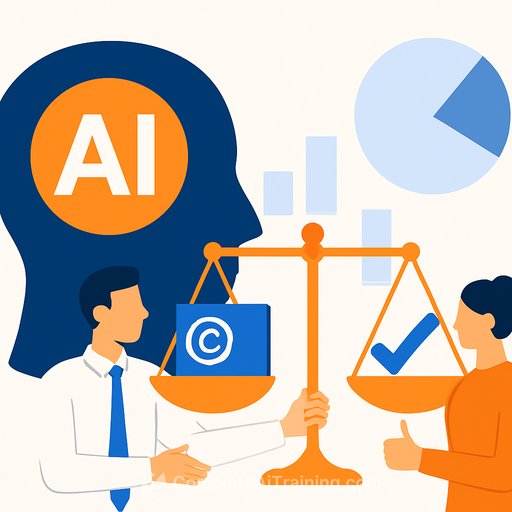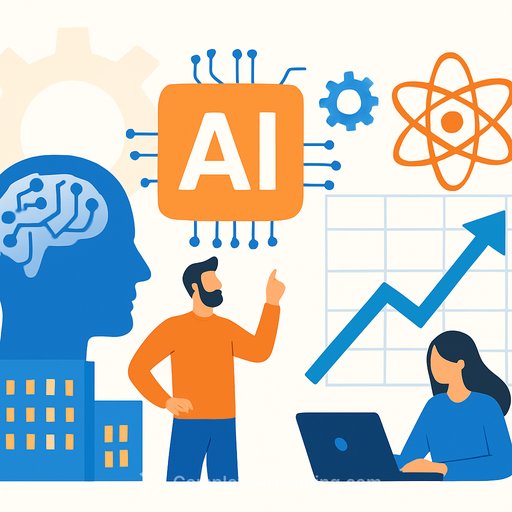Spotify rolls out new AI policies to protect artists, songwriters, and producers
Announced September 26, 2025 - Spotify is tightening its rules around AI to protect creative work and keep royalties flowing to the right people. The update focuses on stopping vocal impersonation, blocking fraudulent uploads, filtering spam, and adding AI disclosures to credits.
What's changing
- Vocal impersonation requires consent: AI-generated vocals that mimic a specific artist are only allowed with explicit authorisation from that artist.
- Stronger safeguards against profile hijacking: Spotify is testing new prevention methods with distributors and improving content mismatch tools so artists can flag issues before release.
- Music spam filter: A new system targets mass uploads, duplicates, and other spam tactics that siphon royalties from legitimate creators.
- AI disclosures in credits: Spotify will support a DDEX-backed standard so rights holders can specify where AI was used (vocals, instrumentation, post-production) without penalising responsible use.
- Industry coordination: Partners include Amuse, Believe, CD Baby, DistroKid, EMPIRE, FUGA, and more to drive consistent adoption.
Why this matters for creatives
Your voice, likeness, and catalogue get clearer protection. Credit flows become easier to audit. If you use AI, you'll have a structured way to disclose it so collaborators, labels, and platforms know what's what.
Spotify reinforced that it's a licensed platform where royalties are paid by listener engagement, regardless of the tools used to make the music.
Action steps to stay compliant
- Secure consent for voice models: If your track uses an AI vocal clone of a known artist, obtain and retain written authorisation. No consent, no release.
- Document AI usage: Note exactly where AI participated (lyrics prompts, vocal timbre, instrumentation, mix or master assists). You'll need this for credits and disputes.
- Use accurate metadata from the start: Correct artist names, ISRC/UPC, contributors, and splits reduce mismatch flags and payout delays.
- Coordinate with your distributor: Ask how they're handling Spotify's updated checks, pre-release mismatch detection, and fraud review queues.
- Pre-release audit: Verify your track isn't landing on the wrong artist profile; report potential conflicts early using the content mismatch process.
- Avoid spam triggers: Don't flood near-identical uploads or padded catalogs. Focus on distinct releases with clear artwork, titles, and versions.
How to handle AI disclosures in credits
Expect credits to support fields that specify AI's role across vocals, instrumentation, and post-production. This comes via a standard developed through DDEX, which promotes consistent metadata across services.
- Be specific: Note "AI-assisted lead vocal timbre," "AI-generated backing choir," or "AI-assisted mastering," instead of vague labels.
- Align with your team: Ensure producers, writers, and distributors submit the same disclosure details to prevent disputes.
Learn more about DDEX standards
Reduce the risk of fraud or mismatches
- Identity clarity: Use consistent artist names, bios, and imagery across platforms. Confusing aliases get flagged more often.
- Version control: Label remasters, edits, and alt mixes correctly. Duplicate or ambiguous metadata triggers spam filters.
- Proof on hand: Keep session files, stems, and consent docs. They help resolve disputes quickly.
What Spotify is saying
"We envision a future where artists and producers are in control of how or if they incorporate AI into their creative processes… while continuing our work to protect them against spam, impersonation, and deception and providing listeners with greater transparency."
"Spotify does not create or own music; this is a platform for licensed music where royalties are paid based on listener engagement, and all music is treated equally, regardless of the tools used to make it."
Bottom line
Use AI if it serves the song, but keep consent, credits, and metadata airtight. These policies reward clarity and punish shortcuts. The winners will be the artists who document their process and protect their identity.
Build your AI workflow the right way
If you want structured training on responsible AI use across creative roles, explore curated learning paths here:
Your membership also unlocks:






